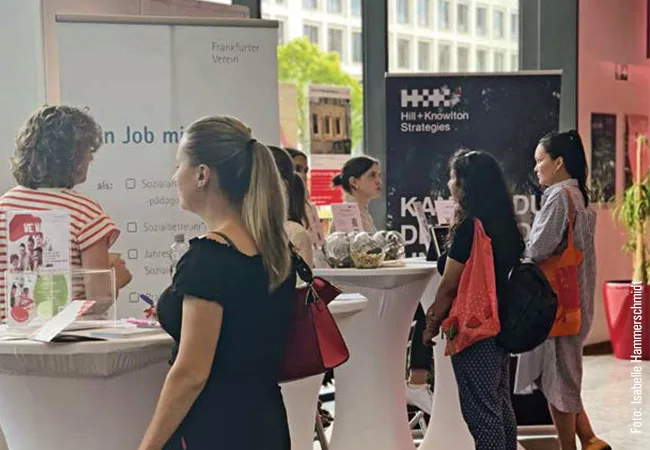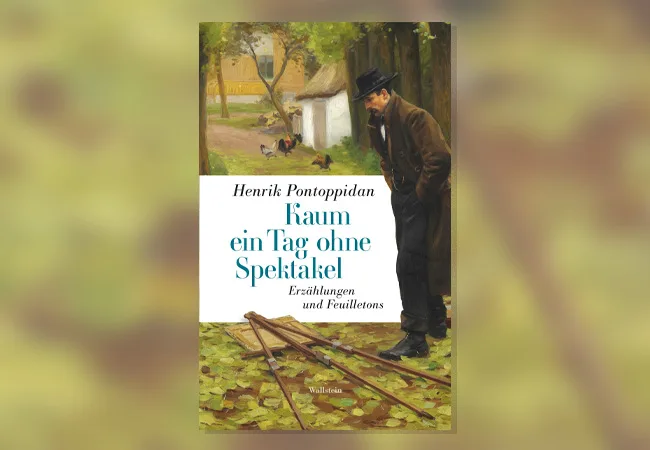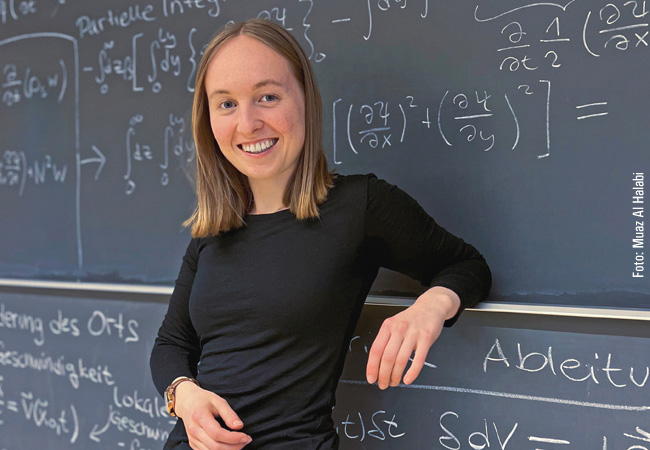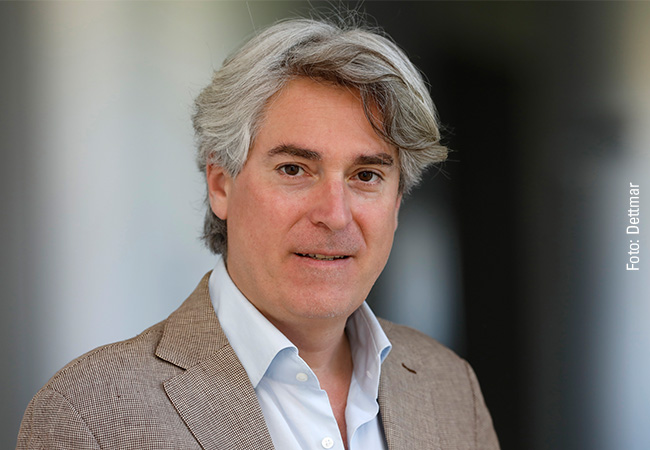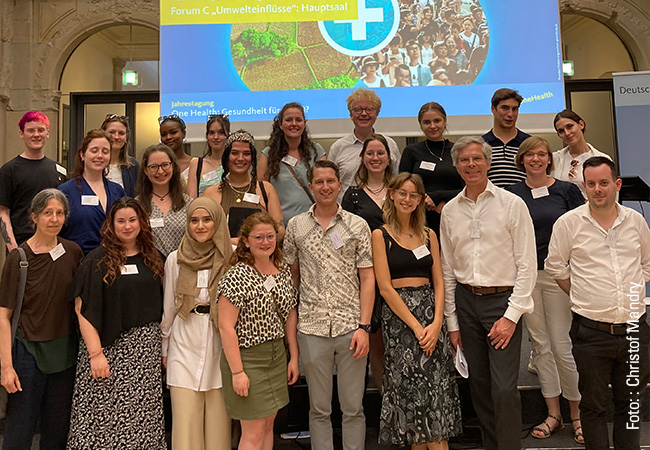The language Rüdiger Krause uses is quite revealing – and not just when it comes to his Swabian origins, but also his beliefs. It clearly conveys the fascination he has had for archaeological finds ever since his childhood. “At age 13, I used to hang out on the outskirts of our village, located near Ludwigsburg north of Stuttgart, where the grounds were then being developed. One of the diggers caught the edge of a pit belonging to an old settlement, and I found a lot of ceramic shards in the excavations,” Krause recalls. He reported his findings to the archaeological department of the State Office for Heritage Protection in Stuttgart, which confirmed that he had in fact discovered Late Bronze Age ceramics of the Urnfield culture, dating back to between 1200 and 800 BCE.
“I was the first person in 3,000 years to take these things out of the ground, and enjoy the privilege of holding them in my hands. That was something utterly fascinating to me,” Krause remembers enthusiastically. After what seems like a lifetime as a researcher, the professor of prehistoric archaeology at Goethe University Frankfurt still recalls the impact this find had on him – he doesn’t speak of “having held” or “having been able to hold” the relics, but instead uses the phrase: “had the privilege of holding.”
Having gained his doctorate, Krause initially returned to the State Office for Heritage Protection in Stuttgart. After a few years, he supplemented his work as a conservator by taking up a teaching position at the Freie Universität Berlin, where he received his qualification as a professor in 2000. In 2006, he completed the switch from monument conservation to university work. “While I thoroughly enjoyed my job at the State Office for Heritage Protection, in accepting a professorship at Goethe University, I succeeded at making a fundamental change almost halfway into my professional working life – an experience for which I am deeply grateful, all the more so because I found a large, open, liberal university and interesting colleagues.”
Excavations in the Taunus and Trans-Ural
Since then, Krause has represented the subject of “prehistoric and early archaeology” at Goethe University’s Institute of Archaeological Sciences, concentrating on the prehistoric Bronze and Ice Ages (i.e. the first and second millennia BCE, before writing was invented) in the Vordertaunus region near Frankfurt, the eastern parts of the Swabian Alp, the Montafon valley in Austria, and the Russian Trans-Urals. To learn about human development, the emergence of social, settlement and economic structures, and general conditions like basic foodstuffs and climatic influences, Krause has to “read” the information contained not only in settlements and fortifications, but also in everyday objects, tools and weapons in their archaeological context, applying scientific methods from various disciplines.
“Over a four-year period, we researched prehistoric conflict as part of a LOEWE focus investigating Bronze Age forts from the Taunus to the Carpathians,” Krause says [Editor’s note: Known by its German acronym, LOEWE stands for Hesse’s state offensive for the development of scientific and economic excellence]. On the one hand, he and his working group identified significant developments in weapons technology – such as when Bronze Age warriors fought battles using swords, shields or lances with sharp points instead of long daggers. “Or take, say, the fortifications at Sântana near Arad in Romania, where we’ve done countless digs, and found hundreds of fired clay balls weighing three to four hundred grams, which were used as catapult ammunition.”
Negotiation as a conflict strategy
On the other hand, they also investigated several forts that showed no indications of any armed conflict. “We found traces of attacks on only very few of the forts, and equally few ‘burnt layers’, i.e. remains from the burning of objects or buildings,” Krause reports. “That leaves just one possible conclusion: the Bronze Age lords of the castles were eager to avoid conflict. That in turn means that the strategy of resolving conflicts by negotiation was no medieval invention.”
He particularly enjoys it when his classes succeed not only in passing on well-established archaeological knowledge, but also address the latest scientific contributions, including new genetic findings, which enrich his lectures on the Neolithic period. “I can’t afford not to mention the latest findings – in a way, the students force me to always keep up with the times. You could say they keep me young!”
Time and again, Krause’s language conveys his opinions, and not just when he gets worked up about developments he has considered wrong for years. “Personnel budgeting, axing jobs, cutting funding and so on. How can we as university teachers be expected to produce successful work under these conditions? At the end of the day, it is our students who will have to cope with the disaster that the policymakers have created.”
He is just as frank when it comes to the famous “Nebra Sky Disc”, pointing out that something has to be amiss in its generally accepted history: “The disc is a genuine and very interesting artefact. However, in our – well founded – opinion, it doesn’t date back to the early Bronze Age, but to the Iron Age, i.e. the first millennium before Christ.” That, in turn, means it has an entirely different significance for human development. Resolving this particular archaeological disagreement, however, will likely fall upon the next generation of archaeologists.
Author: Stefanie Hense



